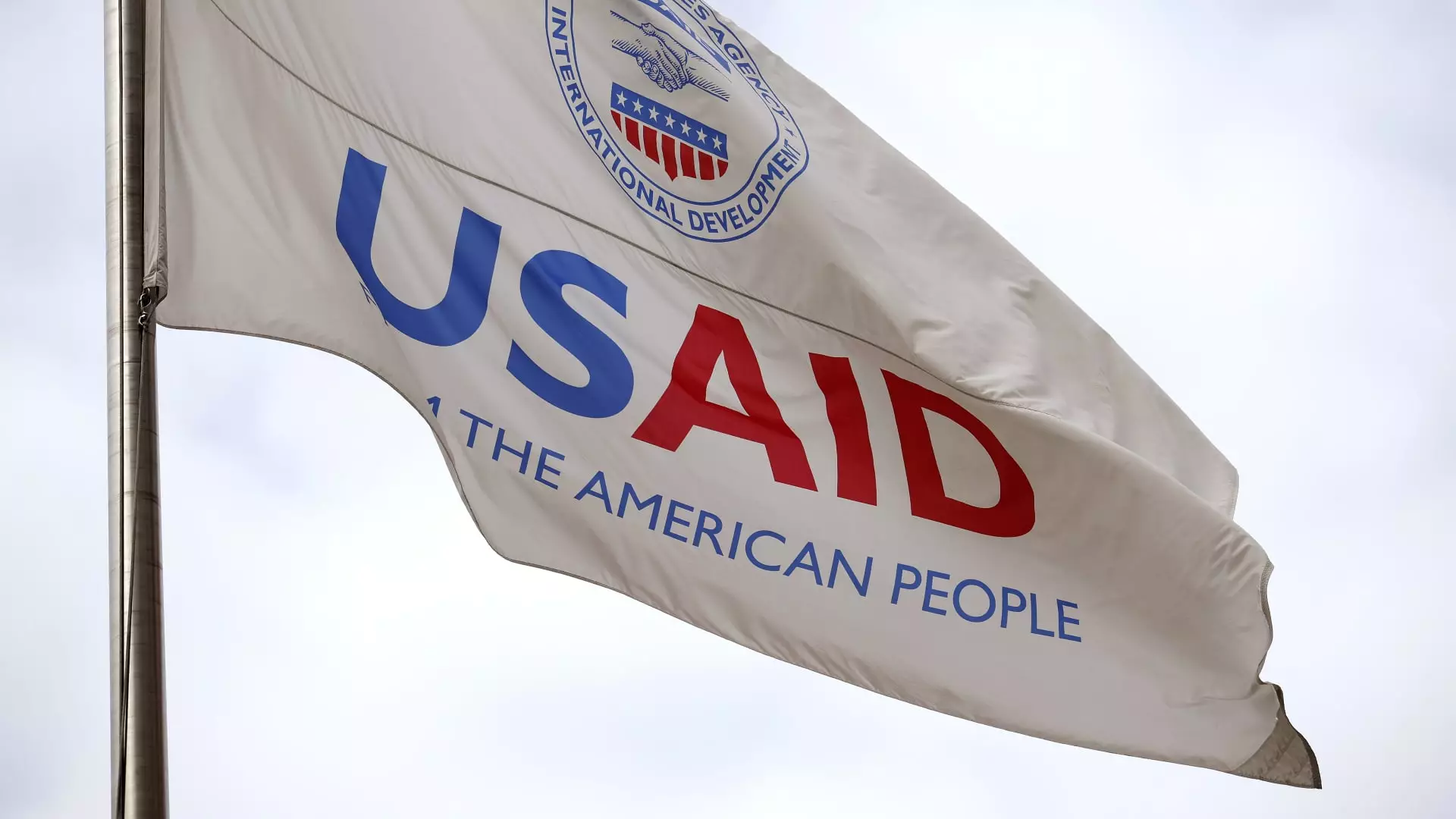In a staggering display of indifference, the recent layoffs of three U.S. aid workers in Myanmar serve as a glaring example of how political agendas can cripple humanitarian efforts precisely when they are needed the most. As the nation grapples with the aftermath of a devastating earthquake, the Trump administration’s reckless dismantling of foreign aid programs, particularly those managed by the U.S. Agency for International Development (USAID), has emerged not merely as a policy choice but a deeply troubling moral failure. While the administration touts its budget cuts as a necessary step towards efficiency, the human cost of these decisions is painfully evident in the faces of those suffering in Myanmar.
Human Faces Behind Bureaucracy
Marcia Wong, a former senior official at USAID, poignantly highlights the demoralizing effect of these layoffs on those committed to assisting others in their darkest hours. These individuals are not mere bureaucrats; they are human beings passionately dedicated to alleviating suffering. Being terminated amidst a humanitarian crisis is not simply a job loss; it’s a betrayal of the very values that the U.S. claims to uphold as a leader on the world stage. The three aid workers, instead of providing relief, now find themselves homeless in a war-torn area, amplifying the absurdity of their situation. Their sacrifices and efforts stand rendered irrelevant by an administration that puts budget lines above human lives.
A Call for Accountability
The cuts at USAID, which have been framed as a fight against “wasteful spending,” starkly contrast with the rapid response from countries like China, India, and Russia. This oversight not only jeopardizes American influence abroad but also reveals a shocking lack of accountability. When Secretary of State Marco Rubio downplays the severity of the U.S.’s dwindling humanitarian response, he is dangerously out of touch with the reality on the ground—a reality that doesn’t easily fit into political soundbites or bureaucratic justifications. His comments about Myanmar being a complex environment to navigate fail to recognize that true leadership often means engaging with difficult situations rather than abandoning them.
The Humanitarian Void
Moreover, the United Nations’ reports about the junta’s restrictions on humanitarian access operate as a glaring reminder of the complex interplay between international politics and human welfare. The U.S.’s reluctance to fully engage with the realities in Myanmar undercuts its global humanitarian standing, pushing once-cordial relationships into disarray. The call by Rubio for other wealthy nations to step in and fill the void left by the U.S. not only deflects responsibility but also underlines the national shame of retreating from its role as a leader in global humanitarian efforts.
The troubling decisions being made at the highest levels of the U.S. government have stark consequences far beyond financial savings. They reflect a disturbing departure from the nation’s historical values of compassion and global stewardship. As Myanmar faces its crisis, we must confront the reality that, in our political game, the stakes have never been higher—and the consequences never more dire.


Leave a Reply